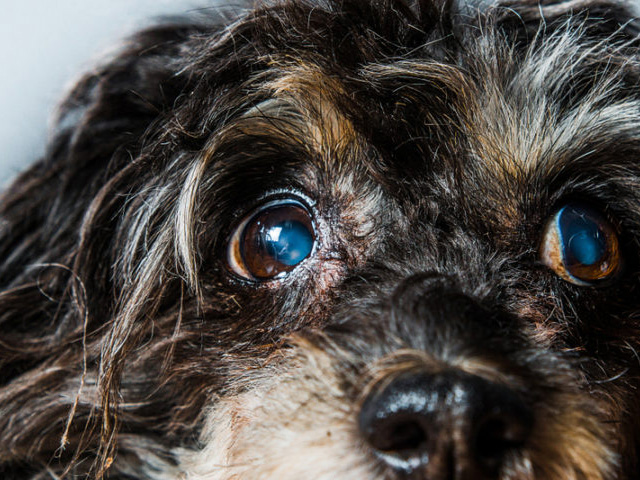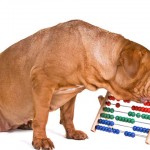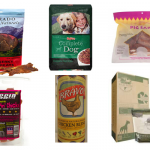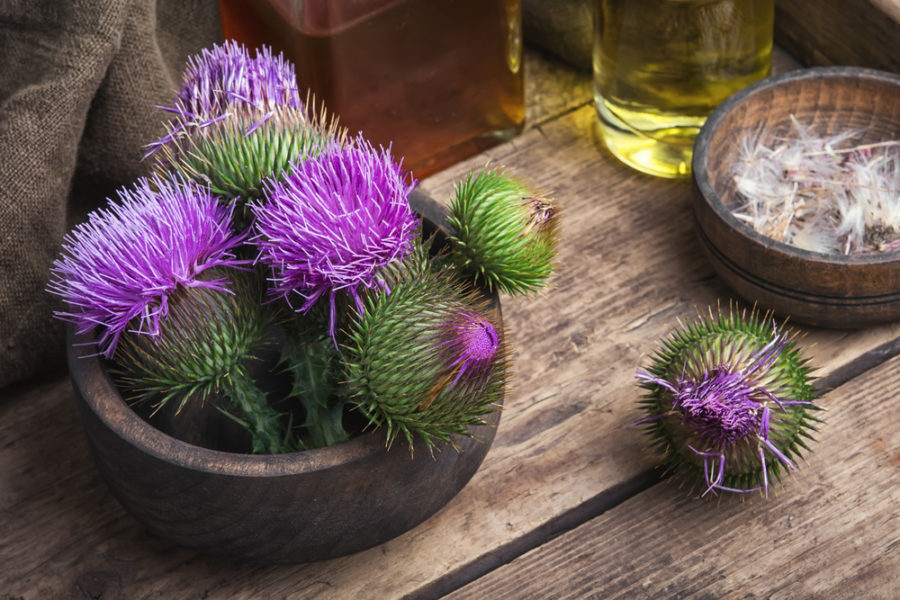Our 15 year old girl Nadya, a bichon/poodle mix has pretty much lost her sight the past 2 years. It has been a slow progression and I have desperately tried to look for options to have her gain back at least some of the vision, even if blurry. I came across some great research by Dr Wendell O. Belfield, D.V.M. a pioneer of nutritional therapy for pets, cites human studies that show vitamin C improves the vision of elderly patients suffering from cataracts. He describes one veterinarian who successfully treated hundreds of dogs with cataracts and related eye conditions using injected and oral vitamin E and selenium.
In addition, I also found that the famous vitamin E researcher Dr. Wilfrid Shute told Dr. Belfield how he treated a champion Doberman Pinscher that stopped siring and went blind with cataracts at age seven. After a few weeks of taking 300 International Units (IUs) of vitamin E daily, the dog sired several litters of puppies and, within three months, his cataracts cleared up.
Another veterinarian mentioned by Dr. Belfield successfully treated canine cataracts with 20,000 IUs of vitamin A daily for 10 weeks. “There are many different types and causes involved with cataracts,” he concluded. “My opinion is that a good diet and supplementation program will contribute to preventing them and may, as the above cases show, eliminate them should they occur.”
It is so difficult to treat glaucoma in dogs that prevention is crucial. Some veterinarians recommend vitamin C and/or the mineral selenium because deficiencies of both have been found in human glaucoma patients. Vitamin C was found to lower intra- ocular pressure in many studies, even in patients who did not respond to prescription drugs.
Cod liver oil has dramatically lowered intraocular pressure in rabbits, humans, and other animals, and oils rich in omega-3 fatty acids, such as flax seed oil, also help lower pressure. Bioflavonoids such as grapeseed extract and the herb bilberry (Vaccinium myrtillus) help prevent glaucoma by maintaining healthy collagen in the eyes. The herbs gotu kola (Centella asiatica) and ginkgo (Ginkgo biloba) may help lower pressure by increasing circulation in and around the eyes, while coleus (Coleus forskohlii) relaxes smooth muscles in the eye and helps lower pressure. For best results, consult an herbalist or holistic veterinarian to determine the best preparations and doses for dogs at serious risk of glaucoma. Advocates of natural feeding plans claim that dogs raised on well-balanced raw food rarely develop retinal degeneration or PRA.
The same vitamins, herbs, and supplements that help prevent glaucoma and cataracts can prevent or slow the progression of retinal atrophy. Bilberry, which British World War II pilots used to improve their night vision, is especially appropriate. Because there are strong links between the eyes and the liver, many holistic veterinarians use herbs and supplements to support liver function whiletreating PRA. The herbs milk thistle seed (Silybum marianum) and dandelion leaf or root (Taraxacum officinale) help tone and repair the liver, as do supplements containing liver.
Acupuncture is an important support therapy for dogs with vision problems. It corrects energy imbalances throughout the body, stimulates self-repair, and strengthens individual organs, including the eyes and liver. Acupressure and massage are also helpful.
With a lifetime of good vision as their reward, any improvements we can make in our dogs’ food, supplements, and support therapies are investments worth making.
As for me and my little girl, I have decided to add E vitamin regimen to her diet to see if it helps her vision. I already am supplementing added on C Vitamin to her diet which is supposed to help not only the eyes, but also cognitive issues in elderly dogs. As with people, the older you get the less you are able to absorb, including vitamins and foods and this is why it is more important than ever to add supplementation to your pups diet.











